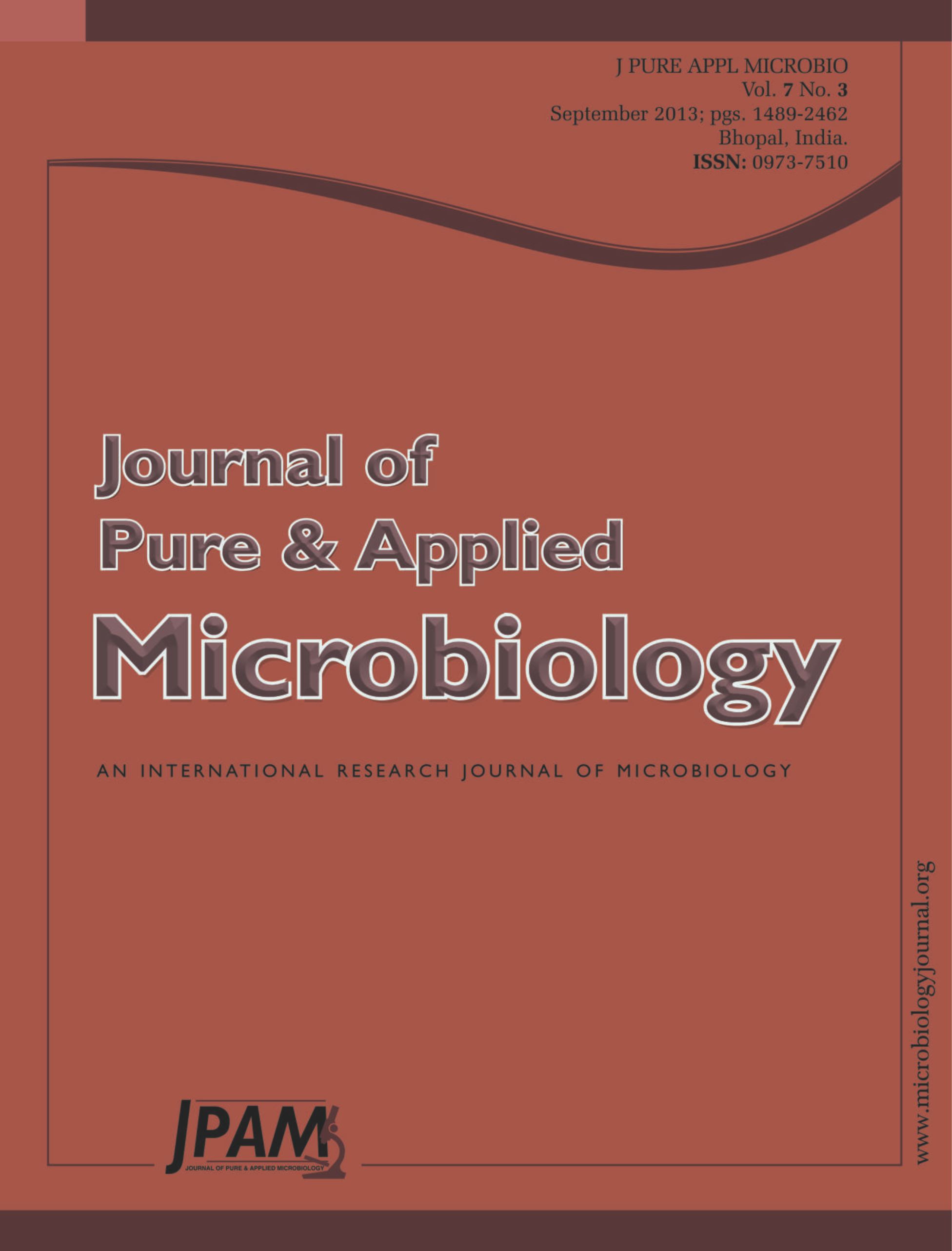Food sensitization happens early in life and is commonly the primary sign of future atopic disease. Thereby, interferences to forestall food allergies and also the development of the atopic phenotype are a best created early in life. A Probiotic is distincted as a viable microorganism dietary supplement that beneficially affects the host through its effects within the intestinal tract. A prebiotic is known as non-absorbable food parts that helpfully motivate one or additional of the gut-beneficial microorganisms and so have a positive impact on health. Several literatures have strongly concentrated on the variations of cytokines levels resulted from the effects of probiotics and prebiotics. The current review study aimed to evaluate the results of different studies carried out on this subject. Most articles published during 2007 to 2012 selected based on PRISMA 2009 Diagram Flow. Data were extracted as matrix data and analyzed by in a subject subheading manner according to the matrix review article system.Gut microbes like Lactobacillus induce regulatory T cells that enhance Th1/Th2 ratio and systemic innate immunity. Probiotics in pregnancy increased the IFN-g levels in sera while lowering the TGFb2 levels. Genetically modified Lactococcus lactis induced antigen-specific IL-10-secreting CD3+ cells in Peyer’s plaques and resulted in a mitigation of the allergic reaction to the model allergen. Lactobacillus rhamnosus GG reduces elevated concentrations of tumor necrosis factor in patients with atopic dermatitis and cow milk allergy while lactobacilli in fermented milk products or as live attenuated bacteria enhances the production of IFNg and TGFb and IgA by PBMC. Probiotics can enhance SIgA and decrease TNF-a and eosinophil cationic protein (ECP). Yoghurt can enhance the IFNg and lessen the IL-4 levels. As a conclusion probiotics have several immunomodulatory effects such as adjuvant-like and anti-inflammatory properties mostly mediated by the balance between the proinflammatory and anti-inflammatory cytokines.
Allergy, Probiotic, Prebiotic, Cytokine, Immune response
© The Author(s) 2014. Open Access. This article is distributed under the terms of the Creative Commons Attribution 4.0 International License which permits unrestricted use, sharing, distribution, and reproduction in any medium, provided you give appropriate credit to the original author(s) and the source, provide a link to the Creative Commons license, and indicate if changes were made.


